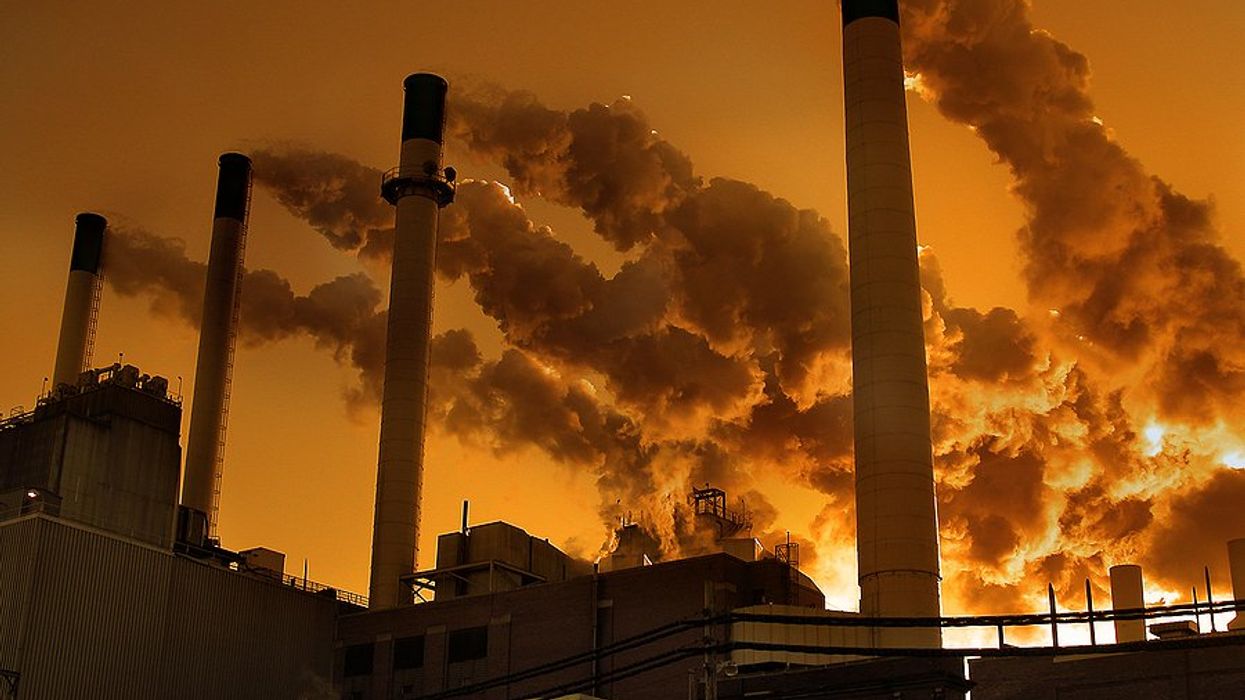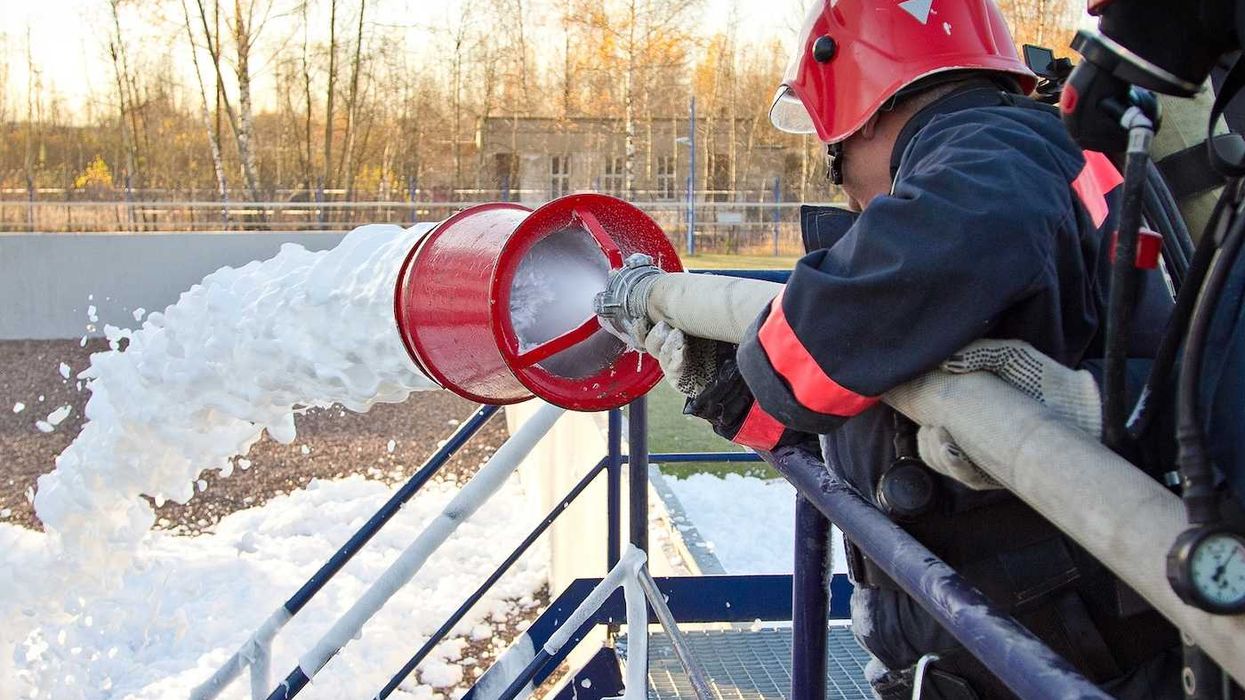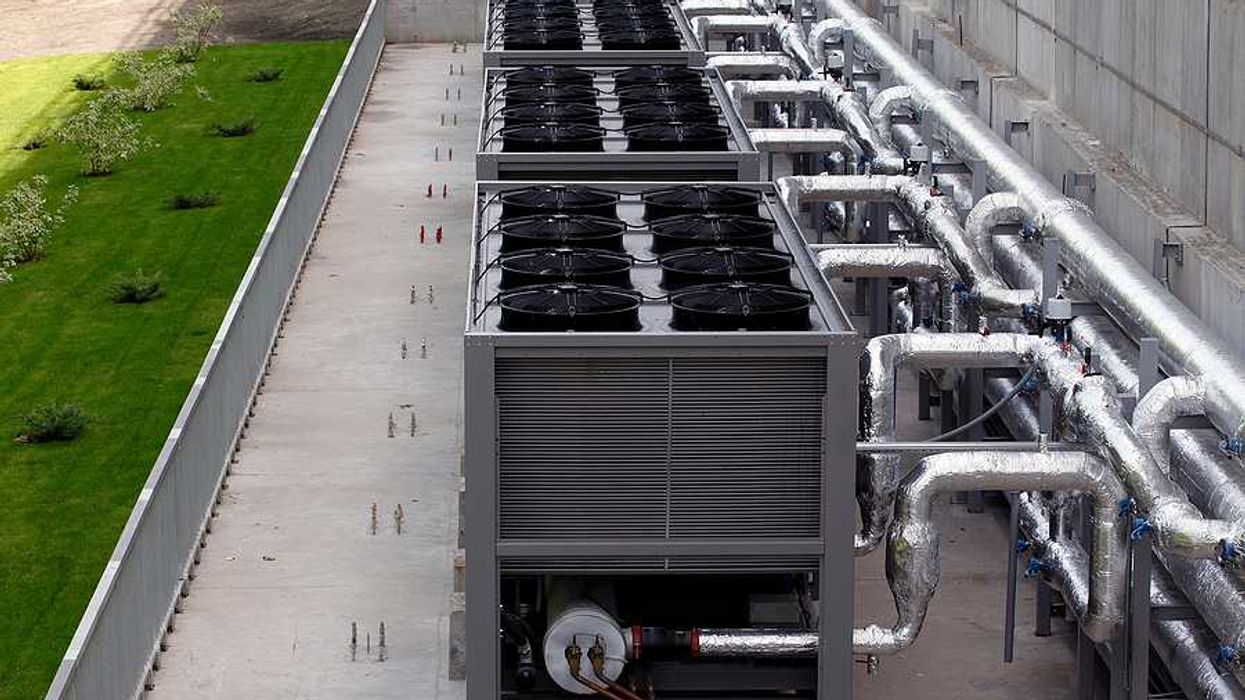In a recent study published in Water Research, researchers tested tap water quality in socially disadvantaged communities with a history of health risks (particularly breast cancer) across five regions in California.
In short:
- Tap water samples from all five regions contained mixtures of both regulated and unregulated chemicals.
- The amount of chemicals in multiple samples from every region exceeded maximum contaminant levels and other health advisories set by regulators.
- Communities in southeast Los Angeles were exposed to the greatest number of contaminants, including PFAS and pesticides.
Key quote:
“Our study highlights the importance of assessing mixed-contaminant exposures in drinking water to adequately address human-health concerns like breast cancer risk.”
Why this matters:
Individuals around the globe are constantly exposed to a wide variety of chemicals through interactions with the environment, consumer products, and their food and water supply. Until recently, health risks were only considered on a chemical-by-chemical basis, ignoring the potential for cumulative effects from exposure to combinations of toxics. While regulatory bodies have started to acknowledge chemical mixtures as a hazard, their approach to regulating those exposures is still too limited to account for the full scope of potential harm to human health.
Related EHN coverage:
- Electronic medical records can help bridge the gap between environmental hazards and healthcare
- Opinion: Water injustice on display in the Southwest US
More resources:
Smalling, Kelly et al. for Water Research vol. 267. Dec. 1, 2024
- Half of PFAS in drinking water not monitored by EPA: Study ›
- On the Clean Water Act’s 50th birthday, what should we celebrate? ›

















